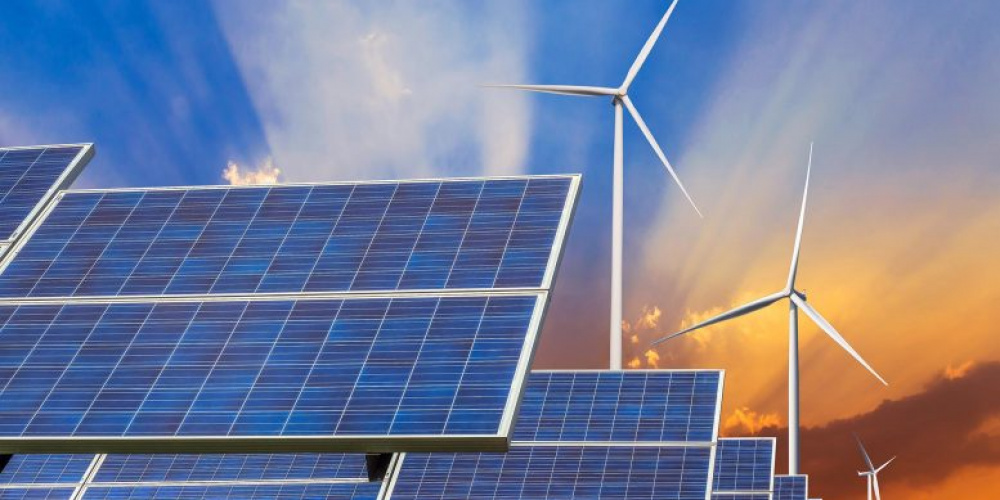
GREEN AND CIRCULAR


Being our headquarters located so close to the Brenta Dolomites’ forests and lakes, environmental sustainability has always been a natural part of our lifestyle. Therefore, environment-driven thinking is a normal component of our product innovation process, preferring those solutions that can mix product performance and respect for our world. Just simple and familiar concepts, which nowadays have become the pillars of the current concept of circular economy.
Climate change is and will be an increasingly important factor, we all see how strong and hard offended nature’s reaction can be. We are convinced we all have to commit ourselves seriously and sincerely and dedicate our best efforts to promote the survival of the planet itself.
Our target business is a kind of industries that consume much energy for their processes, so our part is developing sustainable solutions that make it possible to save energy and reduce CO2 emissions, as well as actively participating to the creation of a collective awareness of the importance of this theme.
Our most recent engagement concerns the use of the electric power, possibly from renewable sources, to synergistically integrate the traditional means used for process heating. We are convinced that production plants can be greener and can realistically reduce their rate of polluting emissions, thus we aim at making ours as much environmentally sustainable as technically possible.
Another critical challenge regards how to reduce the quantity of “virgin” raw materials consumed in production: it is certainly time to target a realistic minimization of the exploitation of the world’s resources. As said above, environment is in our DNA, so already over twenty years ago we teamed with a major manufacturer of waterproofing bituminous membranes in Belgium and began the study and development of such a system that could recycle back into the process both the production wastes and the exhausted membranes from re-roofing. This quite innovative system has been taken to full industrial operation, resulting not only in lesser need of virgin raw materials, but also in important reductions of the indirect costs, having eliminated those associated to the need of dumping the wastes and the exhausted membranes.
MAC technology for membranes recycling
Imperbel SA, Perwez, Belgium, manufacturer of Derbigum® bituminous membranes, and us, manufacturers of engineered machinery, have joined forces and shared on the market our technology for modified bitumen roofing wastes recycling into production…
Process heating by electric power
Burning fossil fuels to produce heat is becoming every day more questionable and more questioned. People are growing a sense of deep discomfort at the simple sight of a chimney, which in the past was on the contrary seen as the symbol of a wealthy and robust economy…